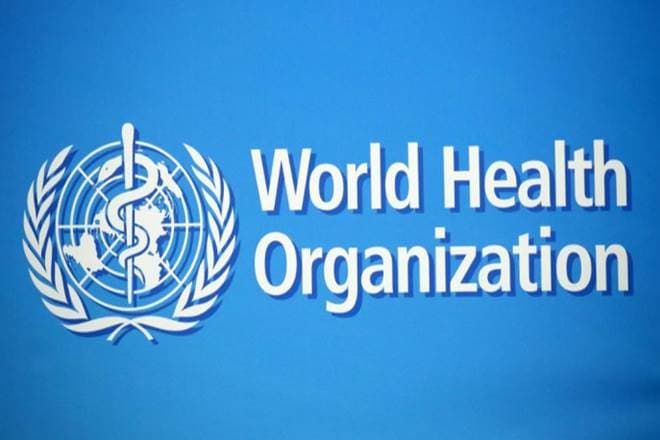Country representatives of the World Health Organization (WHO) and the Food and Agriculture Organization of the United Nations (FAO) yesterday urged Nigeria to ensure increased collaboration and effective food safety systems to reduce the incidence of food borne diseases in the country.
They made the call in Abuja during a special panel discussion organised by the two organisations in collaboration with the United Nations Information Centre (UNIC) to mark this year’s World Food Safety Day themed ‘Safer Food, Better Health’.
The representative of WHO Nigeria, Walter Kazadi Mulombo, said Nigeria needed to continually improve her food supply chains to prevent infectious and toxic hazards, microbial pathogens, chemical residues, biotoxins and other noxious substances from getting into food.
FAO Representative in Nigeria, Fred Kafeero, said effective food safety and quality control systems are key to safeguarding people’s health and fostering economic development and improving livelihoods by promoting access to domestic, regional and international markets.
The Minister of Health, Osagie Ehanire, represented by Permanent Secretary Mahmuda Mamman, said 200 types of diseases are caused by eating contaminated foods resulting in the magnitude of public health burden due to food borne diseases being comparable to that of malaria or HIV/AIDS.

 Join Daily Trust WhatsApp Community For Quick Access To News and Happenings Around You.
Join Daily Trust WhatsApp Community For Quick Access To News and Happenings Around You.